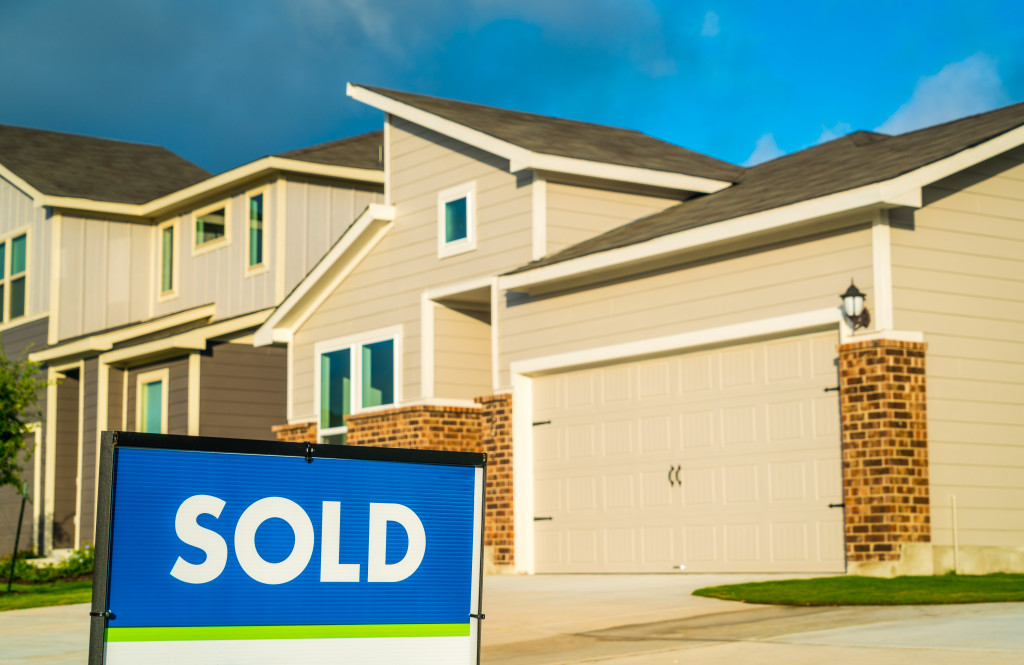• It’s crucial to research an area thoroughly before investing in residential real estate there.
• You should consider the local economy, property values, rental rates, and the condition of the homes in the area.
• It’s also essential to set up a budget and stick to it when investing in residential real estate.
• As a landlord, you need to be aware of your tenants’ needs and preferences in order to keep them happy.
• Familiarize yourself with local laws and regulations before investing to avoid any costly legal issues down the road.
Residential real estate investment can be a great way to diversify your portfolio and achieve financial freedom. However, it’s essential to know what mistakes to avoid when investing in residential real estate to make the most of your investment. Here are a few things you should not do if you want to get the best return on your residential real estate investment.
Don’t Jump In Without Doing Your Research
Investing in residential real estate is a big commitment, so it’s essential that you thoroughly research the area you plan on investing in before making any decisions. Make sure you understand the following factors:
The local economy
The local economy is essential when investing in real estate because it will determine the price of homes and the demand for housing. Look at things like job growth, local wages, population trends, etc., so you can get a better idea of the potential for return on your investment.
Property values
It’s essential to research the historical and current property values in the area you plan on investing. You should also look at similar properties in the area to get a better understanding of how much your potential investment could be worth.
The condition of the home
You should never make an offer on a home without first doing an inspection by a certified home inspector. This will help you avoid any surprises after the purchase, like expensive repairs that can significantly reduce your return on investment.
Rental rates
Look at rental rates in the area so you can get an idea of what you could charge for rent. This will give you an idea of your potential return on investment.
All this information will help inform your decision-making process and ensure you make an informed decision about where and how much to invest.
Don’t Forget to Budget

When investing in residential real estate, it’s essential to set up a budget and stick to it. This will help you avoid any costly surprises down the line, like unexpected repairs or maintenance costs. Make sure you account for all potential expenses when setting your budget so that you don’t end up overspending.
And if you’re planning to buy a new property, consider partnering with a reliable mortgage lending company. They can help you get the best deal for your money and make financing easier. They can also help you determine what your monthly payments should be and how much of a down payment you should put down. This will make it easier to budget and stick to your investment goals.
Don’t Underestimate Your Tenants
Once you have purchased a rental property, one of your main responsibilities as an investor is finding suitable tenants who will pay rent on time and take care of the property while they live there. It isn’t enough just to find tenants—you need to be aware of their needs and preferences so that they feel respected and taken care of throughout their tenancy. Investing some time upfront into getting to know potential tenants is essential for keeping them happy and ensuring a successful rental experience for everyone involved.
Don’t Ignore Local Laws and Regulations
Familiarizing yourself with local laws and regulations before investing in residential real estate is essential. This includes everything from zoning laws (which dictate where different types of properties can be located) to tenant rights (which outline what landlords must provide for their tenants). By understanding these laws ahead of time, you can avoid costly legal issues or even save yourself from losing out on potential investments!
Don’t Procrastinate On Tax Returns and Paperwork

Finally, don’t forget all the paperwork associated with owning a rental property! This includes filing tax returns (which must be done annually) as well as managing leases (which need to be renewed periodically). Neglecting this paperwork can lead to financial penalties or even worse—so make sure that it is taken care of promptly and correctly!
Once again, when investing in residential real estate, you must do the necessary research, budget properly, understand local laws and regulations, take care of paperwork promptly, and maintain good relationships with tenants to get the best return on investment. With these tips, you should have no problem making intelligent decisions when investing in residential real estate!






